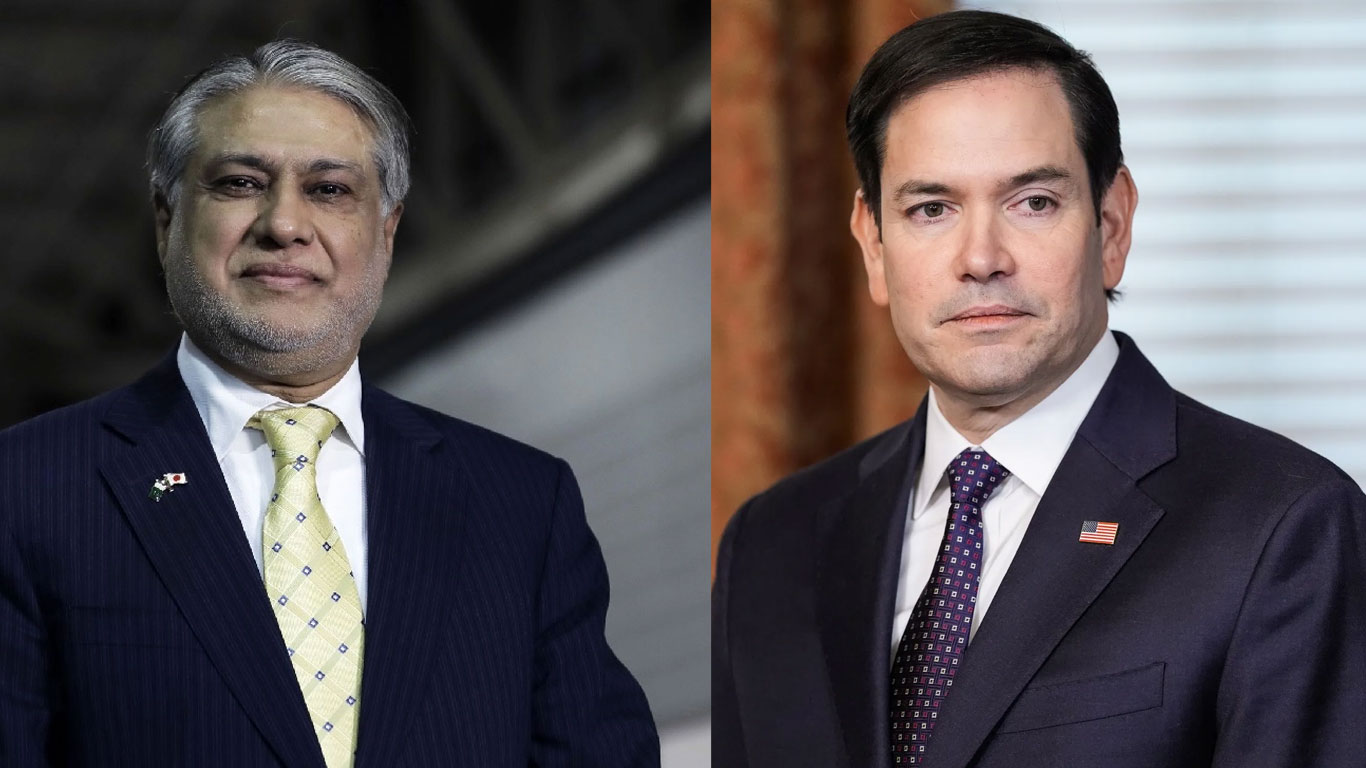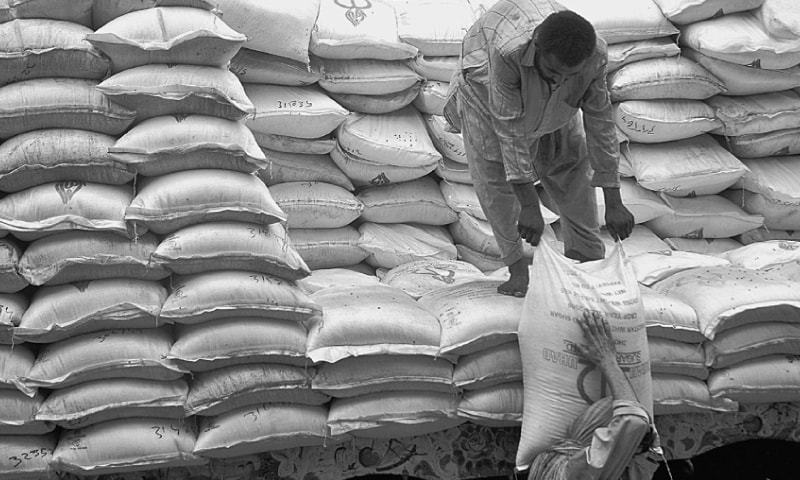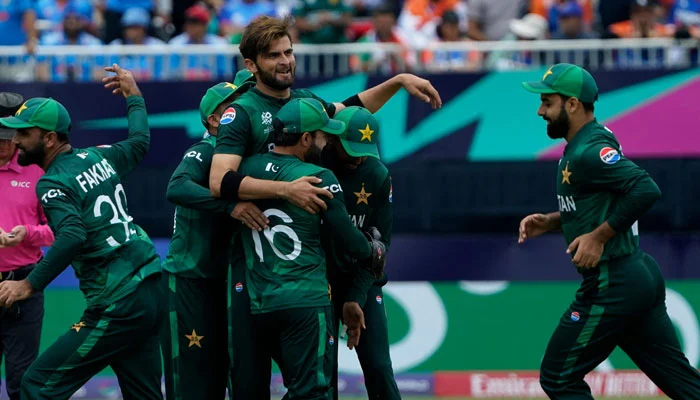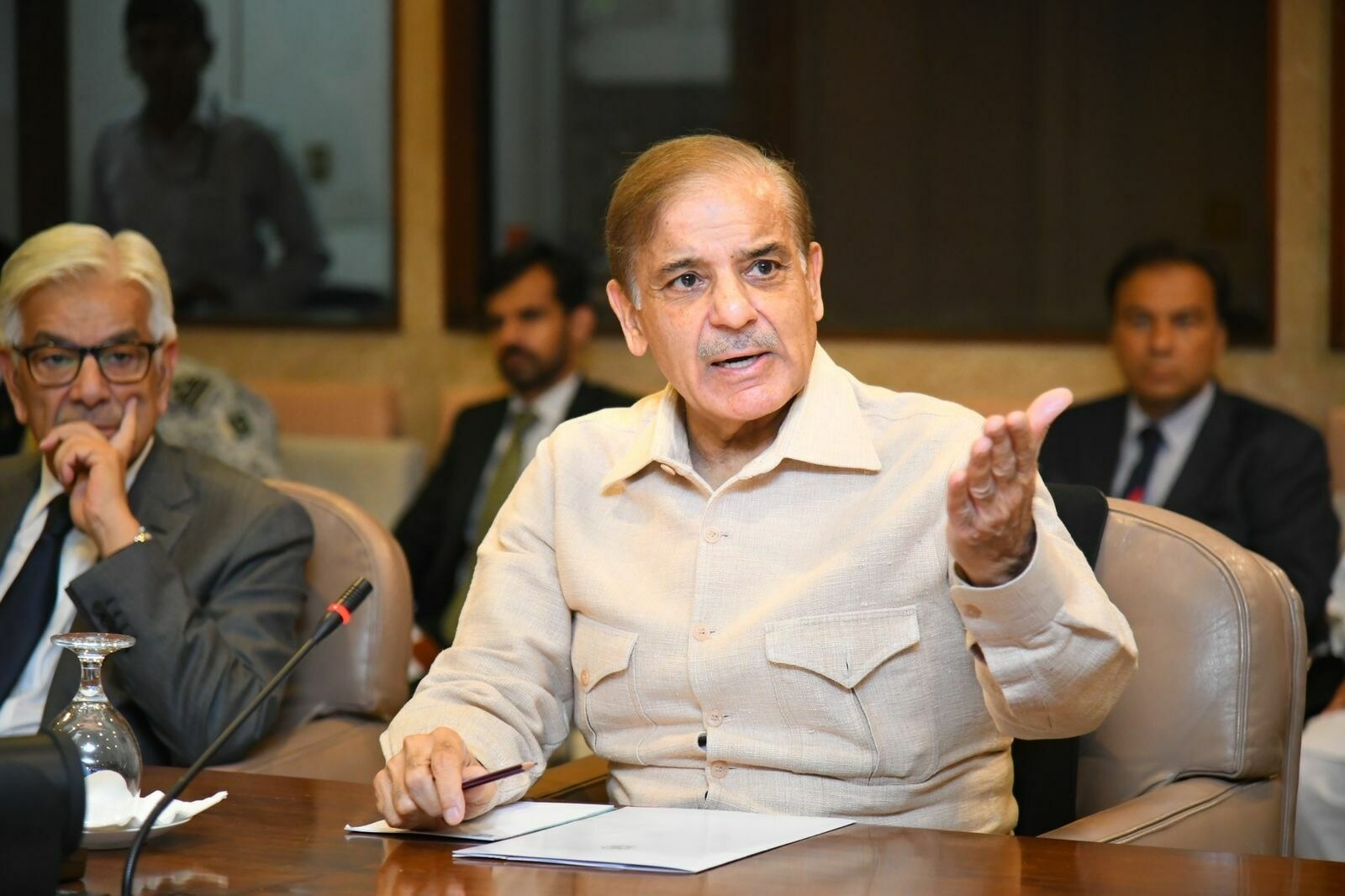Deputy Prime Minister and Foreign Minister (DPM/FM) Ishaq Dar is scheduled to meet US Secretary of State Senator Marco Rubio on Friday in Washington, D.C. The high-level diplomatic meeting will focus on a wide range of bilateral and regional issues, including rising Pakistan-India tensions, the status of the ceasefire agreement, regional cooperation, and avenues for peace and de-escalation in South Asia.
The announcement came from Foreign Office Spokesperson Shafqat Ali Khan during a weekly media briefing held on Thursday. He emphasized that the meeting will highlight the importance of diplomacy and dialogue between Pakistan and India, particularly in the current context of fragile peace and historical animosity.
“Discussions will emphasise the importance of diplomacy and Pakistan-India dialogue in South Asia,” Shafqat Ali Khan said.
Responding to questions from journalists regarding whether the US plans to host both Pakistan and Indian Foreign Ministers over a joint luncheon, the spokesperson claimed ignorance about any such scheduled meeting. However, he reiterated Pakistan’s longstanding position that sustained and constructive dialogue is the only path to durable peace in South Asia.
“It is for India to decide whether it wishes to engage constructively,” he said. “We believe India should be thankful to the United States for its role in de-escalating recent tensions, which eventually led to a ceasefire agreement.”
He warned that any future misadventure by India would be met with a “firm and proportionate response,” affirming Pakistan’s resolve to defend its sovereignty and territorial integrity.
The spokesperson also clarified reports surrounding the potential visit of the President of Iran to Pakistan. He dismissed speculation about the visit taking place on July 26, confirming that the dates are still being finalized between the foreign ministries of both countries.
The Iran-Pakistan bilateral agenda is expected to cover several key topics, including:
- Trade and economic cooperation
- People-to-people ties
- The long-stalled Pak-Iran gas pipeline project
These discussions signal a renewed effort to boost regional connectivity and energy cooperation, especially at a time when Pakistan faces energy shortages and Iran looks to expand regional ties.
On the Gaza conflict, Shafqat Ali Khan reaffirmed Pakistan’s unwavering support for the Palestinian people, condemning Israeli actions and restrictions that have hindered humanitarian access. He emphasized that Pakistan continues to urge all concerned parties to engage in negotiations and adopt peaceful solutions.
Pakistan has consistently maintained that peace in the Middle East is only achievable through a fair resolution of the Palestinian issue and respect for international humanitarian law.
Responding to a question about the Proof of Registration (PoR) cards for Afghan refugees, the FO spokesperson said that a decision is awaited from the Ministry of Interior. These cards are essential for identifying Afghan refugees legally residing in Pakistan.
He further elaborated on Interior Minister Mohsin Naqvi’s recent visit to Kabul, calling it significant for bilateral cooperation. However, the presence of terrorist sanctuaries in Afghanistan remains a critical impediment to regional peace.
Pakistan continues to highlight this issue in all its engagements with Afghan authorities, pushing for action against elements that threaten cross-border security.
When asked about the possibility of Pakistan recognizing the Taliban-led government in Afghanistan, the spokesperson brushed aside speculation, terming it premature. He stated that the recognition question is contingent on several internal and external developments, including human rights considerations and inclusivity in governance.
Despite this, Pakistan remains committed to economic ties with Afghanistan, particularly under the Pakistan-Afghanistan Preferential Trade Agreement (PTA). This agreement, referred to as an early harvest initiative, is expected to see further progress in the near future.
Pakistan has reiterated its stance on the Iran nuclear issue, calling for a peaceful resolution through negotiations. The FO spokesperson stressed that stability in the Middle East and South Asia depends on diplomacy, constructive dialogue, and mutual understanding between regional actors and international stakeholders.
Pakistan’s position aligns with many global voices that advocate for non-proliferation, diplomacy, and regional peace.
Shafqat Ali Khan also announced that Pakistan is actively pursuing full membership of BRICS, a powerful grouping of emerging economies that includes Brazil, Russia, India, China, and South Africa. He said that Pakistan is serious about contributing to the group’s goals and vision, especially in areas like economic cooperation, development, and multipolar governance.
Membership in BRICS would significantly enhance Pakistan’s global profile and open up new opportunities for trade, investment, and diplomatic engagement.




